Have you ever woken up to find your pillow wet with drool and wondered why it happens? While it might feel embarrassing, nighttime drooling is far more common than most people think. And in many cases, it’s completely harmless.
However, drooling can sometimes signal something more — from sleeping habits to medical conditions that need attention. Understanding why it happens can help you figure out if it’s just a minor annoyance or something worth investigating.
Here are the most common reasons people drool while sleeping — and what you can do to manage it:
Top Reasons You Might Drool at Night
Sleeping Position
Lying on your side or stomach encourages saliva to flow out of your mouth, especially if your mouth is open.
Side Effect of Medications
Certain medications — including sedatives, antipsychotics, and even ibuprofen — can increase saliva production.
Nasal Congestion
When your nose is blocked due to allergies or a cold, you breathe through your mouth, making drooling more likely.
Deviated Septum
This structural issue makes nasal breathing difficult, often leading to mouth breathing and drooling.
Sleep Apnea
People with sleep apnea often breathe through their mouth during episodes of stopped breathing, which can cause drooling.
Infections or Dental Issues
Tooth infections or gum inflammation may trigger excess saliva as your body responds to inflammation.
GERD (Gastroesophageal Reflux Disease)
Acid reflux can lead to trouble swallowing, which may result in saliva buildup and drooling.
Neurological Conditions
Disorders like Parkinson’s disease, stroke, or Bell’s palsy can impair muscle control, leading to drooling.
Bruxism (Teeth Grinding)
Clenching or grinding your teeth at night can stimulate saliva production.
Pregnancy
Some women experience increased saliva during pregnancy (a condition called ptyalism gravidarum), which may cause drooling.

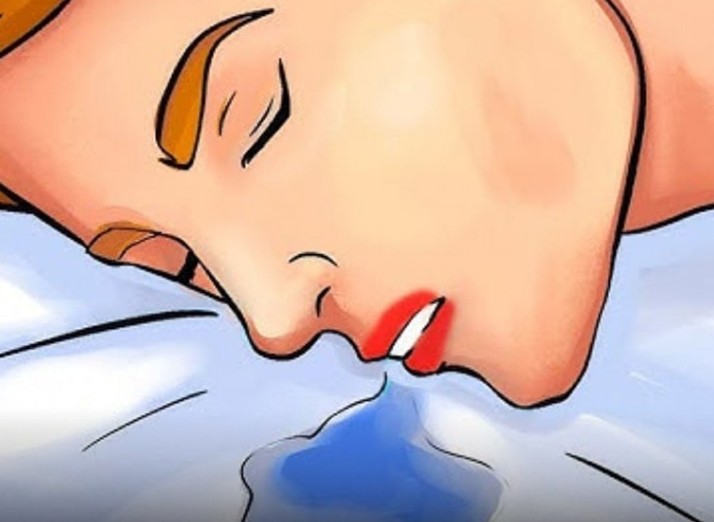


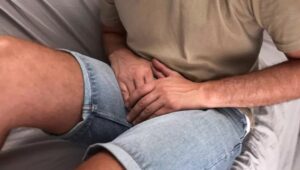




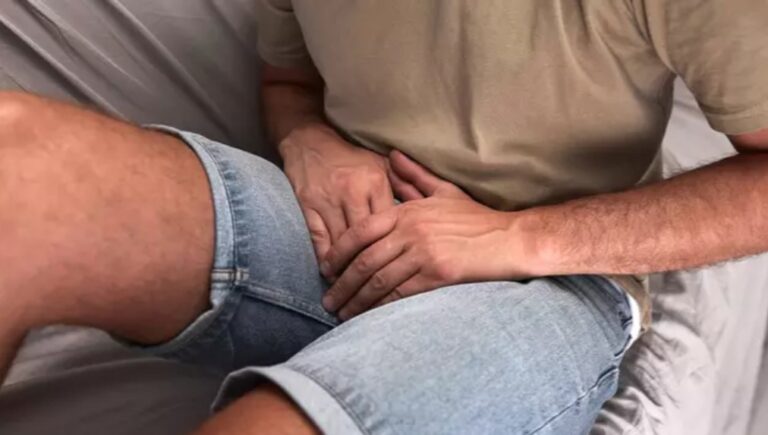

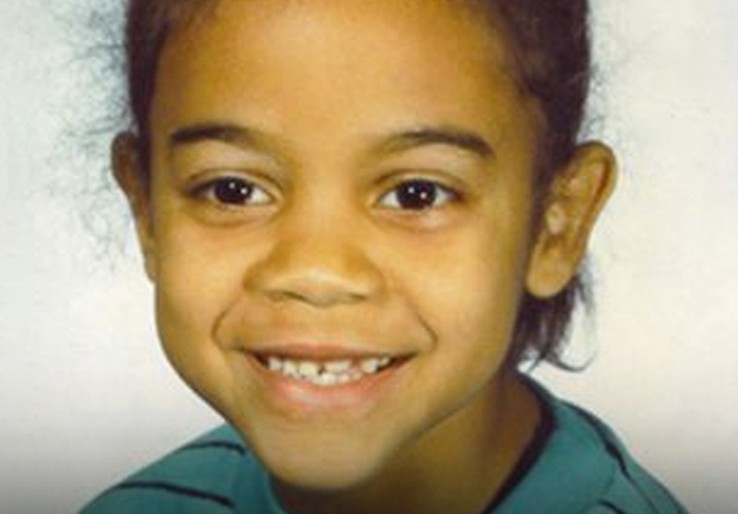
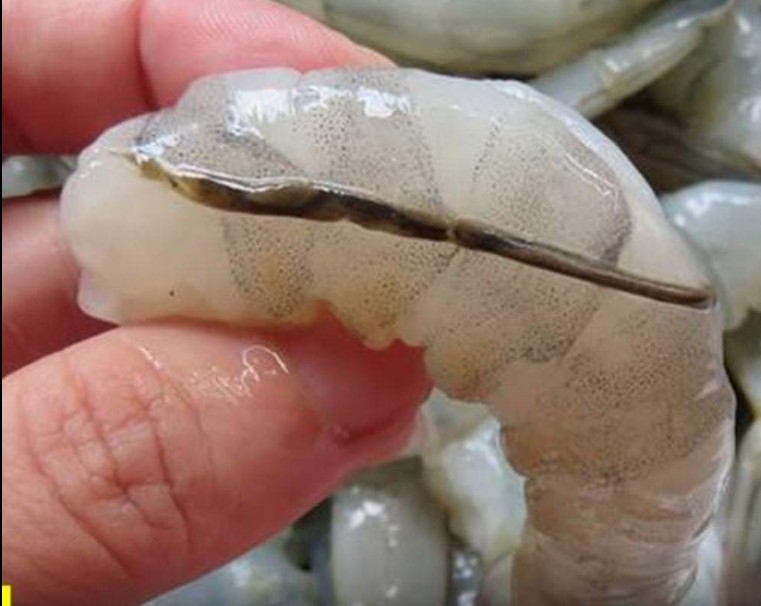
+ Немає коментарів
Додайте свій